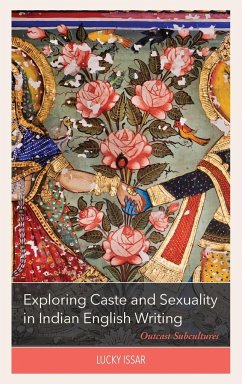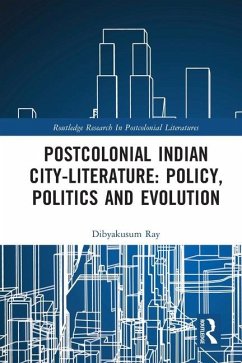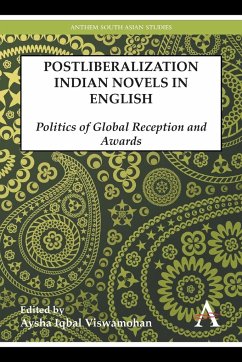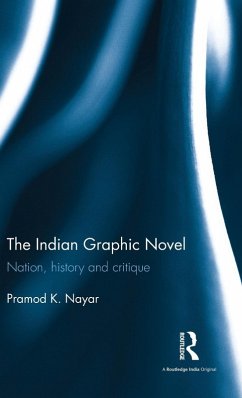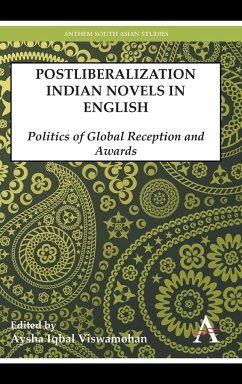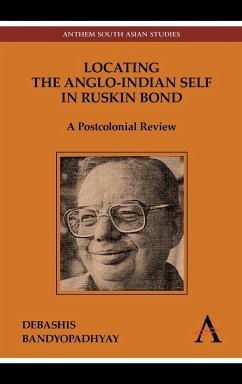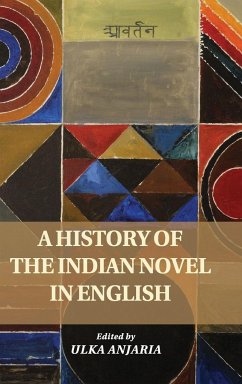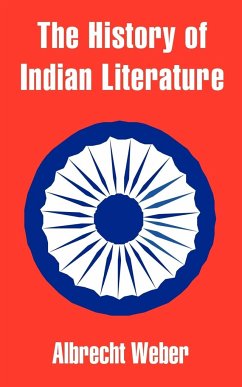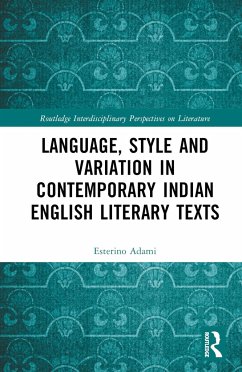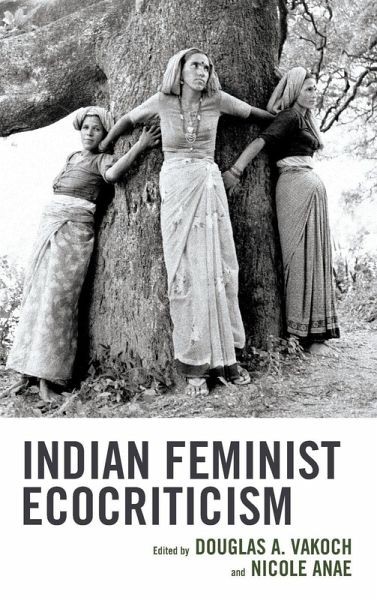
Indian Feminist Ecocriticism
Versandkostenfrei!
Versandfertig in 1-2 Wochen
98,99 €
inkl. MwSt.
Weitere Ausgaben:

PAYBACK Punkte
49 °P sammeln!
Indian Feminist Ecocriticism surveys literature through an ecofeminist lens by Indian scholars, which places contemporary literary analysis through a sampling of its diverse languages and in the context of millennia-old mythic traditions of India, exploring intersectionality, queerness, and surveillance as they apply to feminist ecocriticism.



